Cats are wonderful companions, but for people with allergies, owning one might seem like a distant dream. Fortunately, not all hope is lost! While no cat is truly hypoallergenic, some breeds produce fewer allergens than others, making them a better match for allergy sufferers. So, what are the best cat breeds for allergies, and how can you choose the perfect furry friend? Let’s dive in.
What Causes Cat Allergies?
Before exploring cat breeds, it’s essential to understand what triggers cat allergies. Contrary to popular belief, cat fur itself is not the main culprit. Allergies are usually caused by a protein called Fel d 1, found in a cat’s skin, saliva, and dander. When cats groom themselves, this protein spreads to their fur and the surrounding environment, leading to allergic reactions.
Knowing this can help you make informed decisions about choosing a cat that’s suitable for your lifestyle.
Best Cat Breeds for Allergies
Here are some of the top cat breeds that are considered more allergy-friendly:
1. Siberian
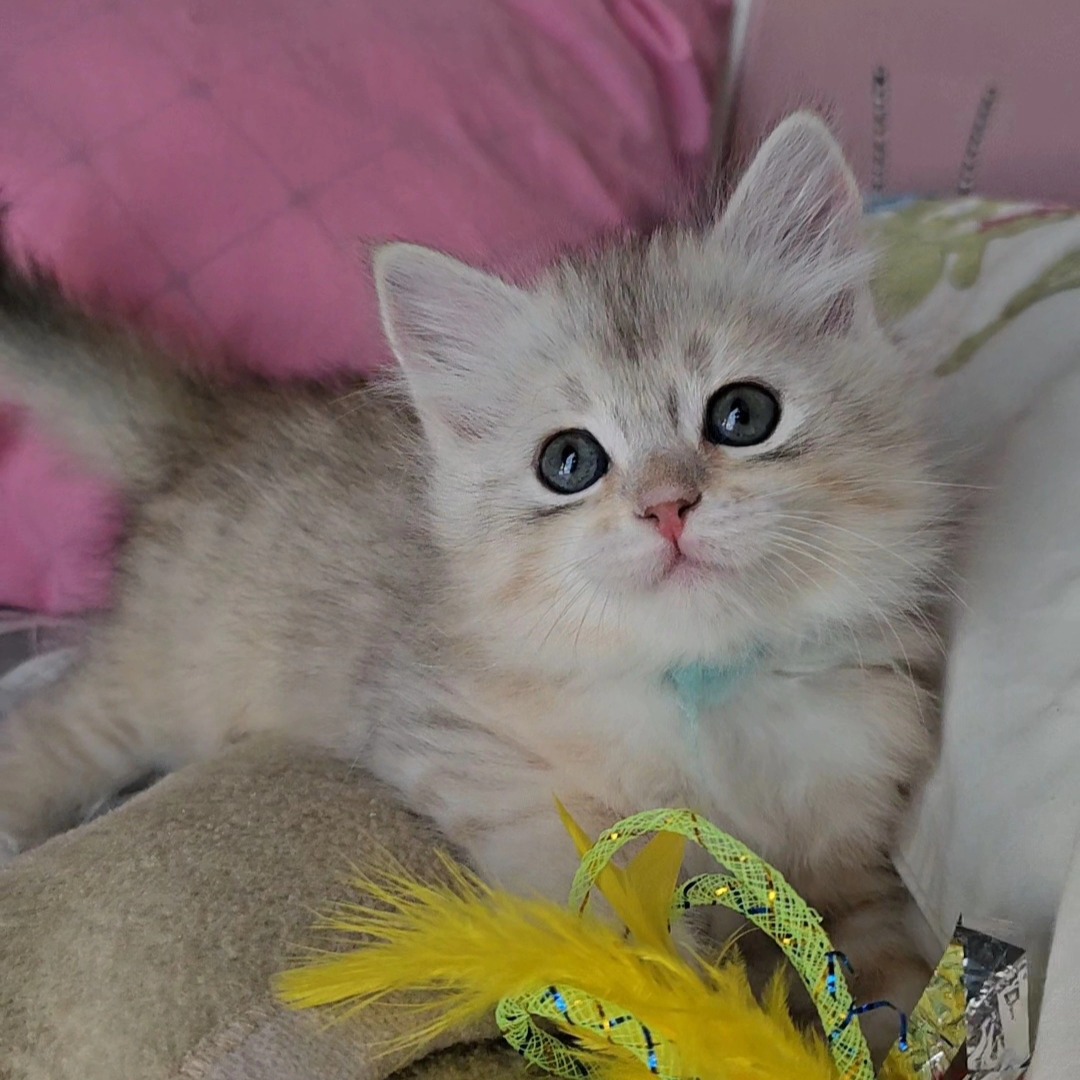
- Why They’re Great: Despite their long, luxurious coats, Siberians are known for producing lower levels of Fel d 1 protein.
- Personality: Friendly, affectionate, and playful.
- Maintenance: Regular brushing is needed to manage shedding, but their allergen levels remain relatively low.
2. Balinese

- Why They’re Great: Often referred to as the “long-haired Siamese,” Balinese cats are known for producing less Fel d 1.
- Personality: Intelligent, vocal, and social.
- Maintenance: Minimal grooming required despite their silky coats.
3. Oriental Shorthair
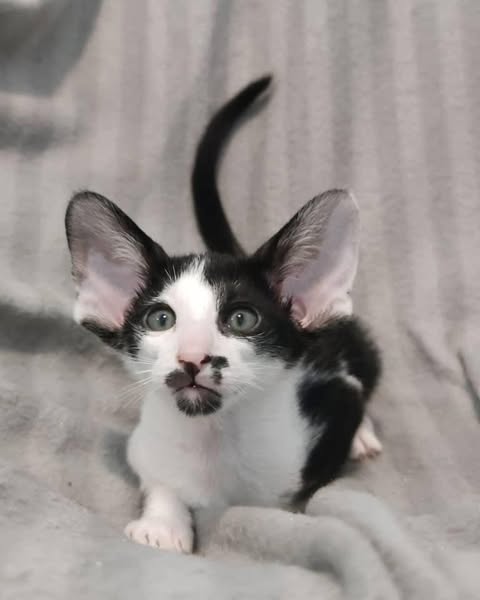
December 2, 2024
- Why They’re Great: With their short coat and lower allergen levels, they’re an excellent choice for allergy sufferers.
- Personality: Energetic, curious, and loyal.
- Maintenance: Low grooming needs due to their short, fine fur.
4. Russian Blue
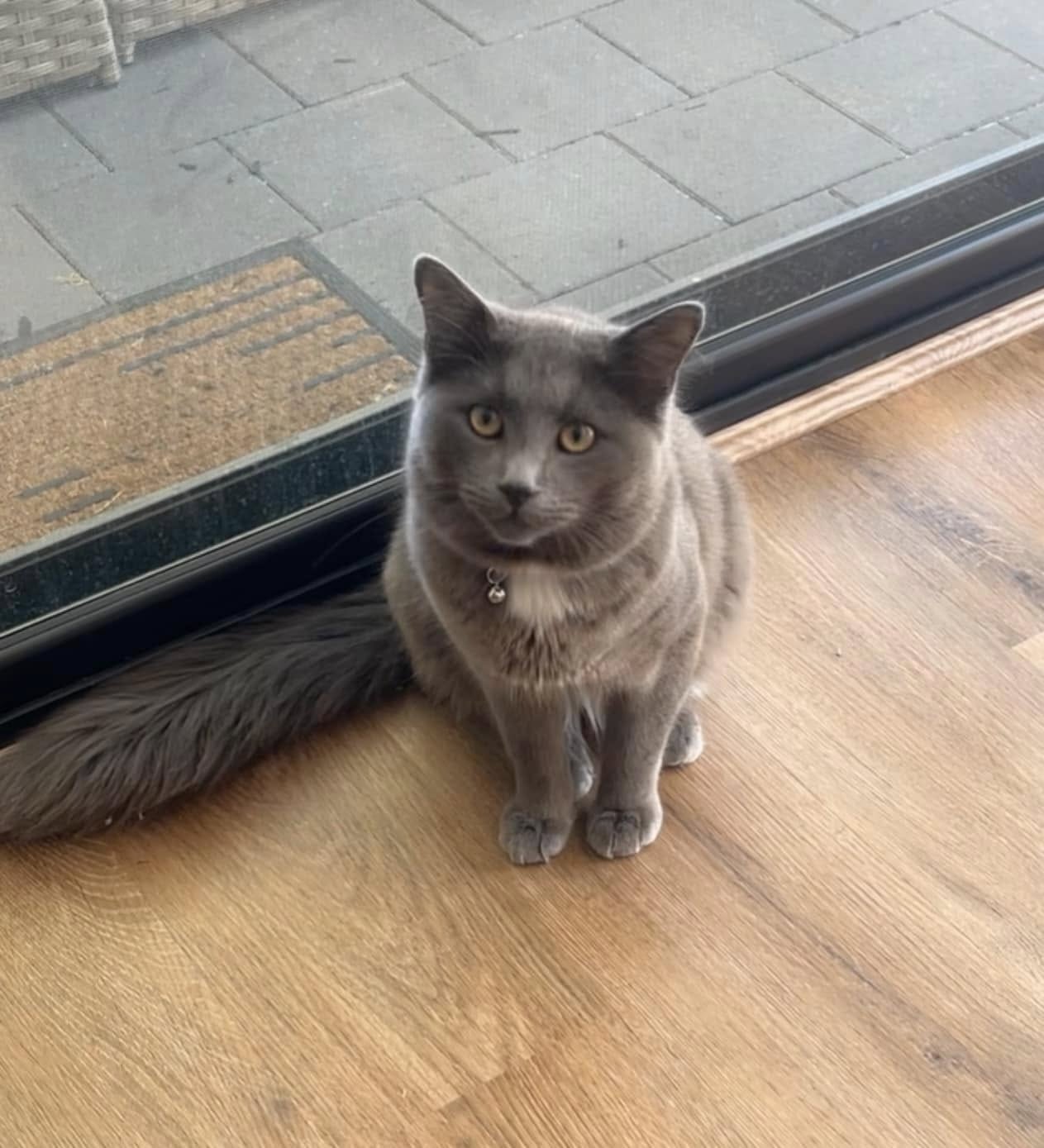
- Why They’re Great: This breed’s dense double coat helps trap allergens, and they produce less Fel d 1 protein compared to other cats.
- Personality: Quiet, gentle, and reserved.
- Maintenance: Weekly brushing helps maintain their beautiful coat.
5. Bengal
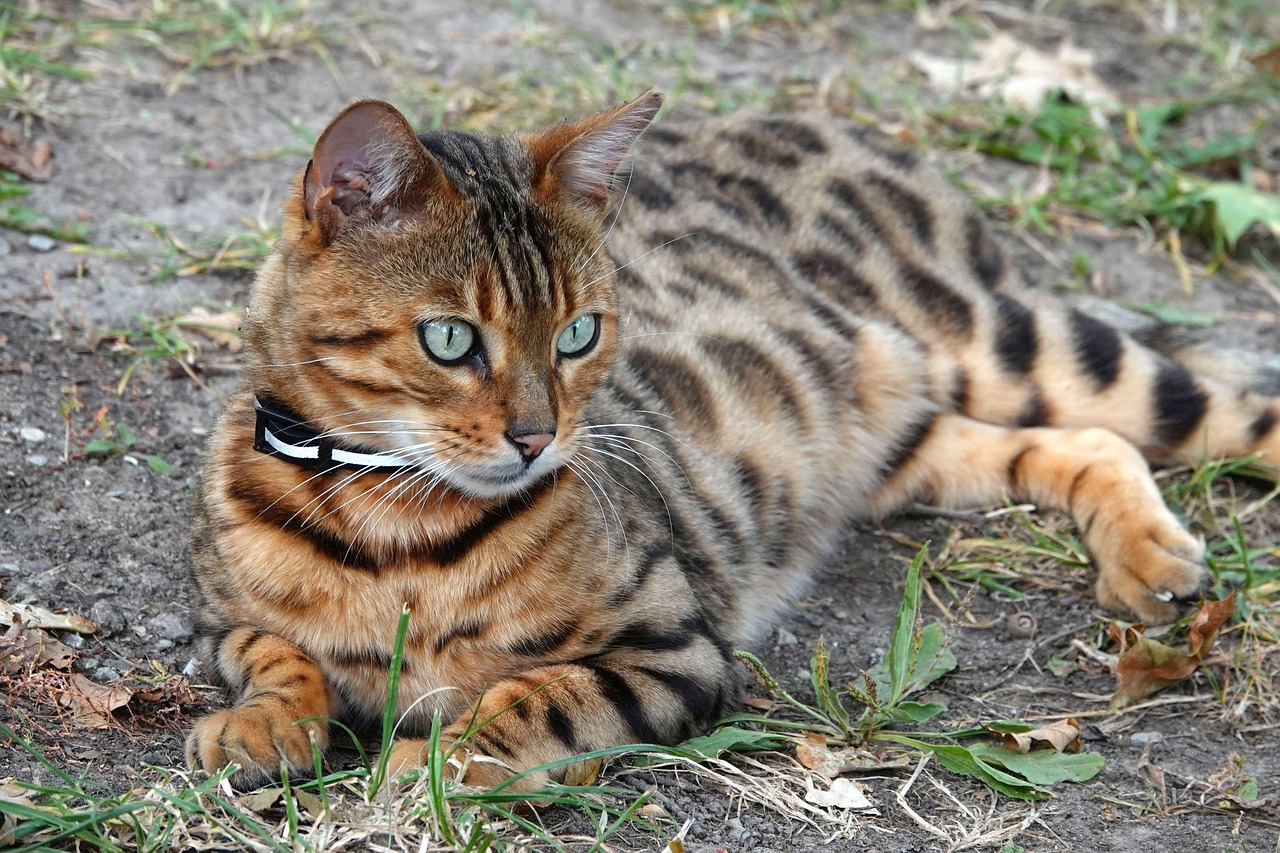
- Why They’re Great: Bengals’ short, sleek coats require less grooming, and they produce fewer allergens.
- Personality: Active, adventurous, and highly intelligent.
- Maintenance: Occasional brushing is enough to keep their coat healthy.
6. Devon Rex

- Why They’re Great: With their short, wavy fur and minimal grooming needs, Devon Rex cats are less likely to spread allergens.
- Personality: Mischievous, affectionate, and playful.
- Maintenance: Regular ear cleaning and occasional baths.
7. Cornish Rex
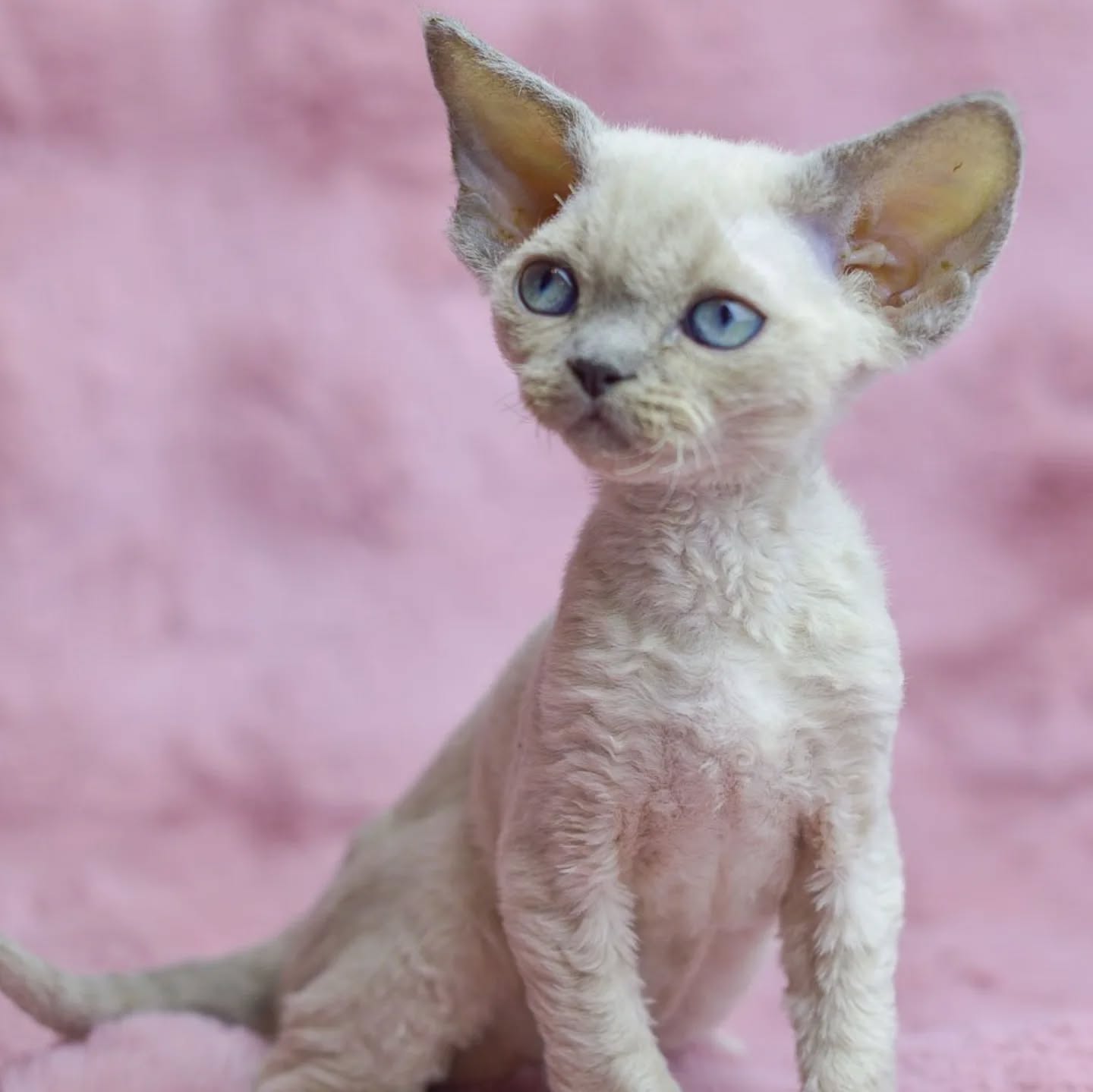
- Why They’re Great: Similar to the Devon Rex, this breed’s short coat and low grooming requirements make them a good option for allergy sufferers.
- Personality: Energetic, outgoing, and fun-loving.
- Maintenance: Occasional baths to control oil buildup on their skin.
8. Sphynx
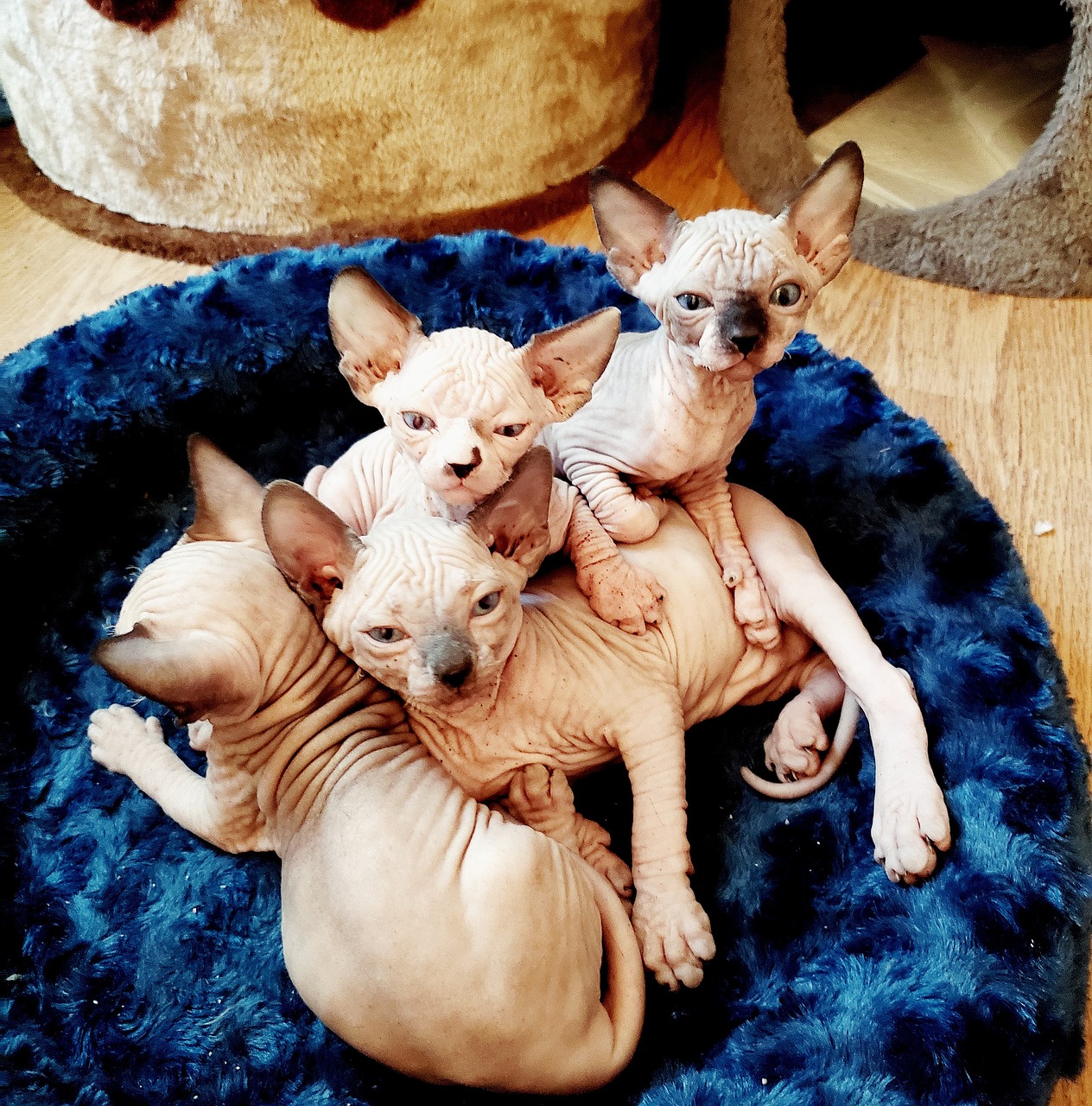
- Why They’re Great: The hairless Sphynx produces less dander and requires no fur grooming, which minimizes allergen spread.
- Personality: Affectionate, curious, and sociable.
- Maintenance: Regular bathing to remove oils and dander from their skin.
Tips for Managing Cat Allergies
Even with an allergy-friendly cat breed, it’s important to take steps to minimize allergen exposure. Here are some practical tips:
Regular Cleaning
- Vacuum frequently using a vacuum with a HEPA filter.
- Wash bedding and furniture covers regularly.
- Use air purifiers to reduce allergens in the air.
Grooming Your Cat
- Brush your cat regularly (if applicable) to reduce loose fur and dander.
- Consider professional grooming services to minimize your exposure.
- Use pet-safe wipes to clean your cat’s skin and fur.
Personal Habits
- Wash your hands after petting your cat.
- Avoid touching your face, especially your eyes and nose, after handling your cat.
- Create an allergen-free zone in your home, such as your bedroom, to limit exposure.
FAQs About Cats and Allergies
Can allergy sufferers own cats?
Yes, many people with allergies successfully own cats by choosing breeds with lower allergen levels and taking steps to manage their environment.
Are there truly hypoallergenic cats?
No cat is completely hypoallergenic. However, some breeds produce fewer allergens, making them more suitable for allergy sufferers.
How can I test my reaction to a specific cat?
Spend time with the breed or individual cat you’re considering adopting to see how your allergies react. Many breeders and shelters allow trial visits.
Conclusion
Owning a cat doesn’t have to be off-limits if you’re allergic. By understanding what causes cat allergies and choosing a breed known for lower allergen production, you can enjoy the companionship of a feline friend without constant discomfort. Whether you fall for the elegant Balinese, the playful Devon Rex, or the hairless Sphynx, there’s a perfect cat out there waiting for you.
Remember, managing allergies is a combination of choosing the right breed and maintaining a clean, allergen-reduced home. With the right approach, you can embrace the joy of cat ownership while keeping sneezes and sniffles at bay!